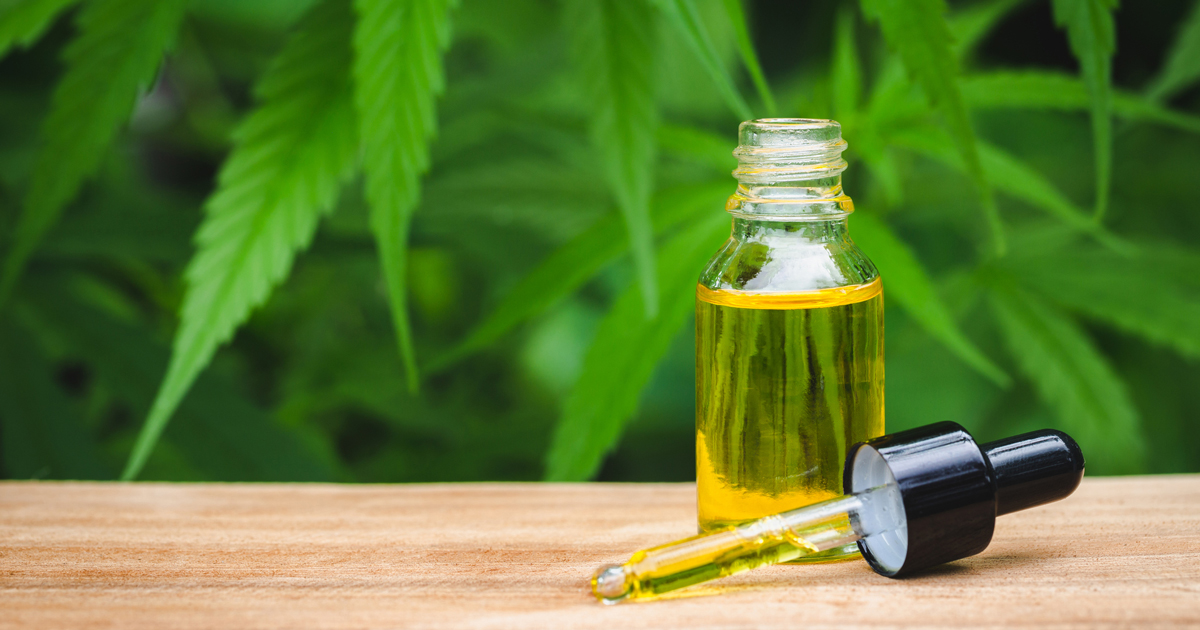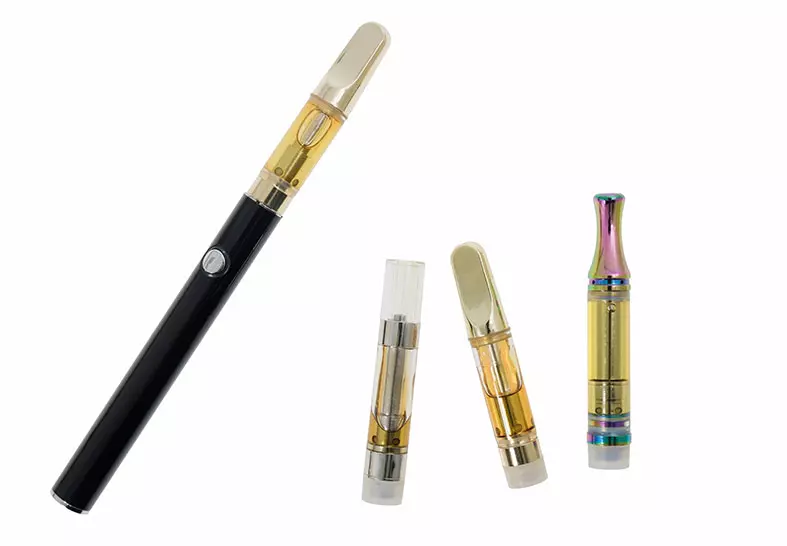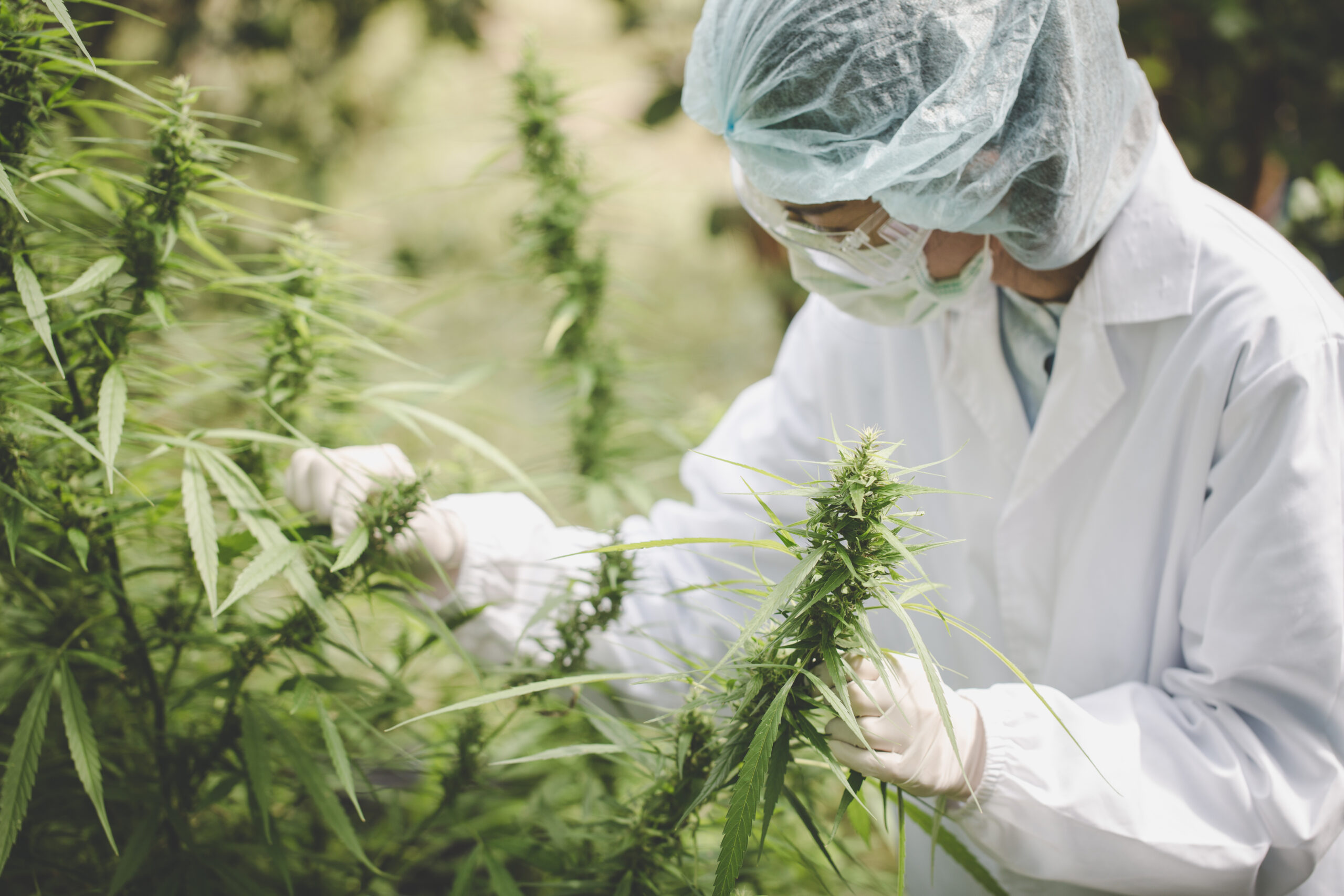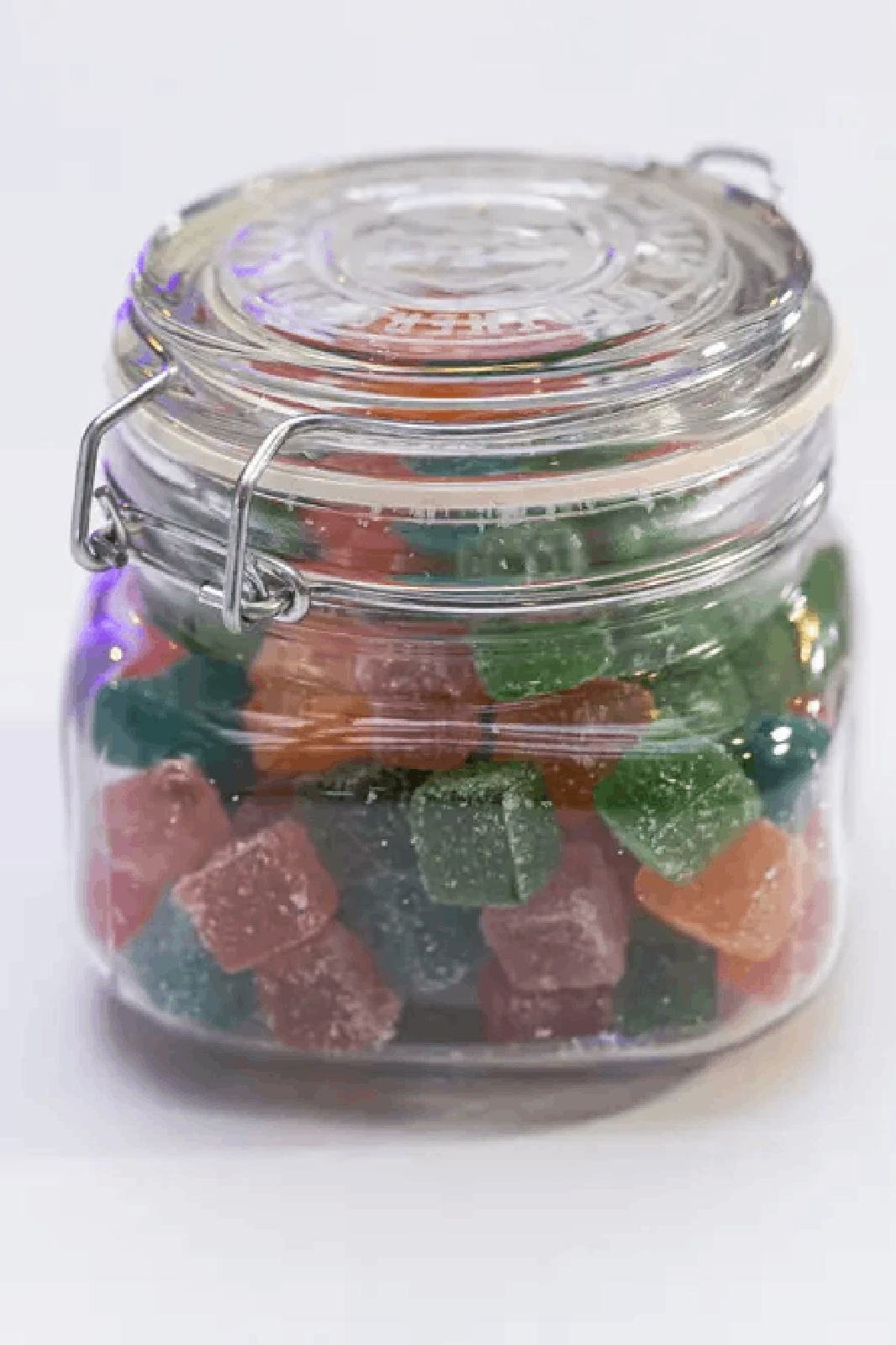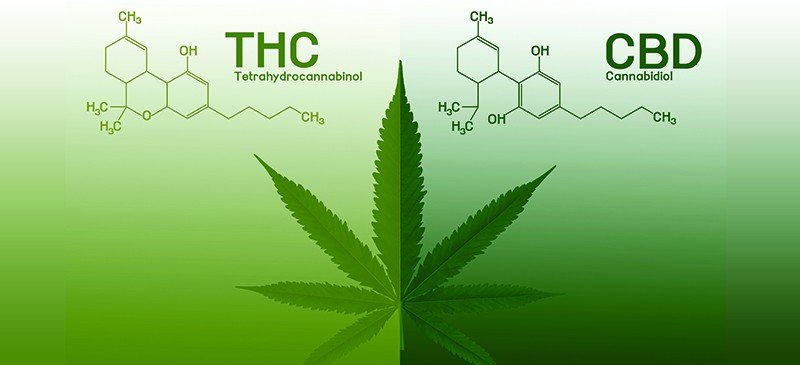The Agriculture Improvement Act of 2018, also known as the 2018 Farm Bill, has had a significant impact on the legality of hemp and its derivatives, including Delta-8 THC. Delta-8 THC is a minor cannabinoid found in cannabis plants and has gained popularity in recent years due to its unique properties and potential health benefits. However, Delta-8 THC’s legal status is still somewhat ambiguous, subject to different regulations at the state and federal levels.
In this article, we will explore the impact of the 2018 Farm Bill on the legal status of Delta-8 THC in the USA and the current scientific research on Delta-8 THC and its potential health benefits. We will also discuss the legal status of CBD oil, which is another popular hemp-derived product, and compare it with Delta-8 THC.
What is Delta-8 THC?
Delta-8 THC, or delta-8-tetrahydrocannabinol, is a minor cannabinoid that naturally occurs in cannabis plants. While similar in structure to Delta-9 THC, the main psychoactive compound in cannabis, it has some differences in its effects and chemical properties. Delta-8 THC is believed to have a lower psychotropic potency than Delta-9 THC, meaning that it may have milder psychoactive effects and fewer side effects. It is also thought to have potential health benefits, such as reducing anxiety and pain, although further research is necessary to confirm these claims.
Is Delta-8 THC Legal?
The 2018 Farm Bill legalized the cultivation, processing, and sale of hemp and hemp-derived products, including Delta-8 THC, at the federal level. The bill removed hemp from the list of controlled substances and defined it as any part of the cannabis plant that contains less than 0.3% Delta-9 THC by dry weight. This definition made it clear that hemp-derived products, such as CBD oil and Delta-8 THC, were no longer illegal under federal law as long as they met the 0.3% Delta-9 THC threshold.
However, the 2018 Farm Bill did not explicitly mention Delta-8 THC or any other minor cannabinoids, leading to some confusion about its legal status. Some experts argue that Delta-8 THC is legal under the 2018 Farm Bill because it is derived from hemp and has a low Delta-9 THC content. Others contend that Delta-8 THC is still illegal under federal law because it is a psychoactive compound that is chemically similar to Delta-9 THC.
State Regulations on Delta-8 THC
In addition to federal law, Delta-8 THC is subject to different regulations at the state level. Some states have explicitly banned Delta-8 THC, while others have not yet issued any specific regulations. For example, Alaska, Arizona, Arkansas, Colorado, Delaware, Idaho, Iowa, Kentucky, Mississippi, Montana, Rhode Island, and Utah have banned Delta-8 THC. In contrast, other states, such as California, Florida, and Michigan, have not yet taken any action. State regulations on Delta-8 THC can change quickly, so it is important to stay up-to-date with the latest developments in your area.
Is CBD Oil Legal?
Under federal law, CBD oil is legal as long as it is derived from hemp and contains less than 0.3% Delta-9 THC. The 2018 Farm Bill explicitly mentions CBD and provides a legal framework for its production and sale. As a result, CBD oil is widely available in stores and online.
CBD oil is non-psychoactive, meaning it does not produce the “high” associated with cannabis use. It is believed to have fewer psychoactive effects than Delta-8 THC, which makes it a more attractive option for those who want to avoid intoxication.
Comparison with Delta-8 THC
Delta-8 THC is a psychoactive compound that is also derived from hemp. However, its legal status is less clear than that of CBD oil. Delta-8 THC is often made from CBD through a chemical process, and its legality depends on the source of the CBD.
Some states have explicitly banned Delta-8 THC, while others allow it to be sold but regulate it differently than CBD. It is important to research the regulations in your area before using Delta-8 THC.
Delta-8 THC is known for producing a milder “high” than Delta-9 THC, which may make it a more appealing option for some cannabis users. However, it may still have side effects and interact with other medications. It is crucial to consult with a healthcare professional before using Delta-8 THC.
Wrapping Up
In summary, CBD oil is legal under federal law as long as it is derived from hemp and contains less than 0.3% Delta-9 THC. Its non-psychoactive nature makes it an attractive option for those who want to avoid the “high” associated with cannabis use.
Delta-8 THC is a psychoactive compound with a less clear legal status than CBD oil. It may have milder psychoactive effects than Delta-9 THC, but it may still have side effects and interact with other medications. It is crucial to research the regulations in your area and consult with a healthcare professional before using Delta-8 THC.
